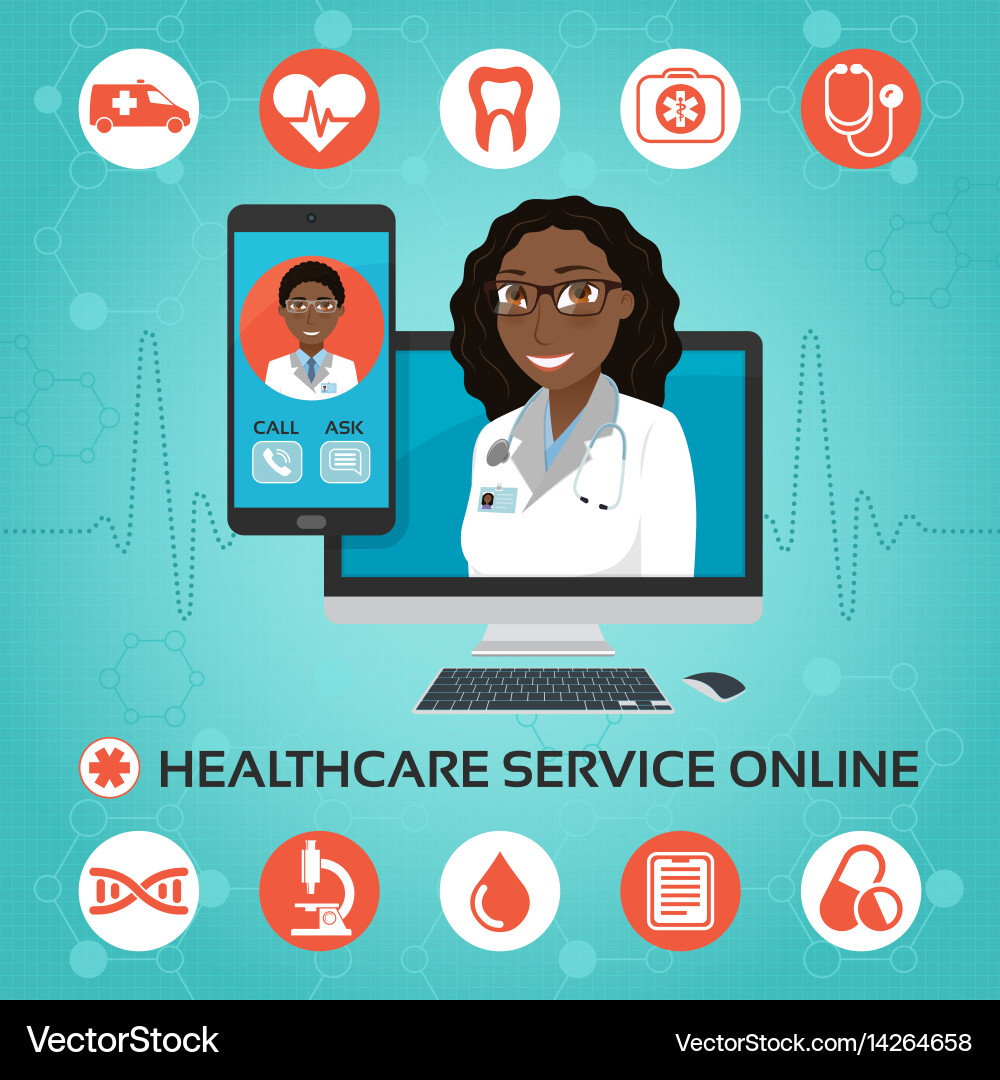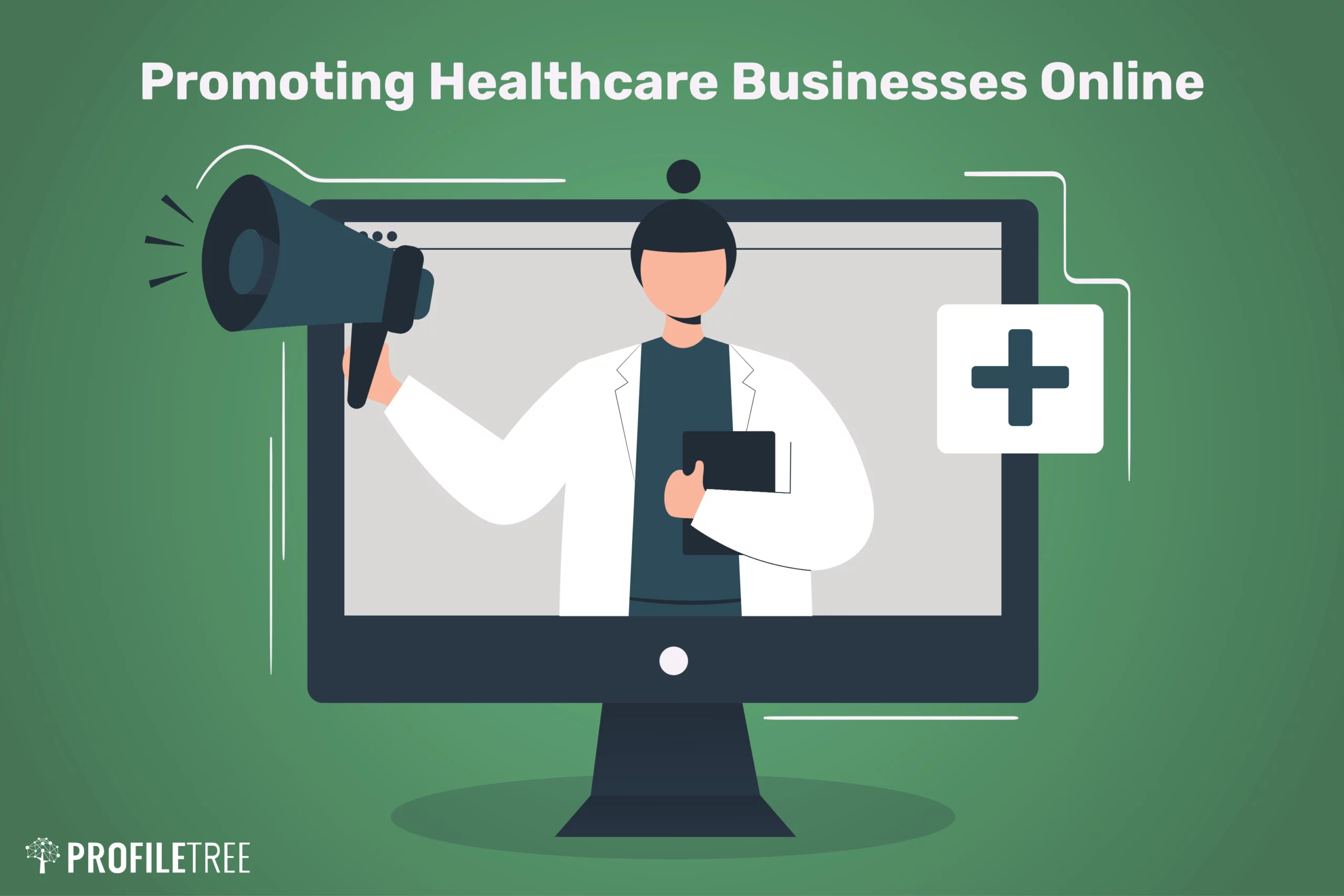The Influence of Subscription Based Healthcare on Standard Medical Practices
The Influence of Subscription Based Healthcare on Standard Medical Practices
Blog Article
The Increase of Subscription-Based Medical Care and Its Influence On Client Care
As medical care evolves, the subscription-based model is acquiring traction, assuring to change person care by offering predictability and access. The possibility for these versions to reshape medical care distribution raises pushing concerns regarding their long-term sustainability and inclusivity. Are these registration solutions the future of healthcare, or do they risk leaving prone populations behind?
Understanding Membership Healthcare Versions
Understanding the concept of registration medical care models entails analyzing a transformative approach to clinical services that highlights price and accessibility. These designs, typically referred to as straight primary care (DPC) or concierge medicine, have actually become cutting-edge options to traditional fee-for-service health care systems. Membership health care allows clients to pay a set monthly or annual fee for a specified collection of clinical solutions, which may include unrestricted workplace gos to, regular exams, and basic lab examinations, without the demand for traditional insurance coverage billing.
The framework of registration health care designs is made to streamline client care by eliminating third-party payers and complicated invoicing codes, thereby lowering administrative burdens. Health care providers can focus extra on patient care, fostering stronger patient-provider relationships. This version additionally promotes preventative care by motivating routine check outs, as the monetary obstacle of per-visit charges is gotten rid of.
The registration version typically equips health care suppliers to take care of smaller sized individual panels, enabling even more personalized treatment. It lines up monetary rewards with patient health outcomes, as service providers are motivated to keep patient complete satisfaction and well-being. On the whole, recognizing subscription medical care designs requires recognizing their possible to reshape how treatment is provided and accessed.
Advantages for Suppliers and clients

With a consistent revenue stream, health care experts can devote more time to each patient, leading to a much more individualized and complete treatment experience. The focus on preventive treatment within membership plans can lead to much better individual outcomes and lowered long-lasting medical care costs.
Issues and challenges
While subscription-based health care models existing various advantages, they likewise come with a collection of challenges and concerns that have to be resolved. Availability continues to be a considerable problem, as these designs frequently target people that can pay for regular monthly fees, possibly leaving out low-income populations. This increases honest concerns about equitable accessibility to health care solutions. Additionally, the varied nature of subscription plans can lead to complication amongst people relating to coverage specifics, potentially leading to unmet expectations or poor treatment.
Financial sustainability of subscription-based models is an additional problem. Suppliers need to balance the fixed revenue from registrations with the variable prices of medical care solutions, which might change due to unexpected clinical needs. This can develop stress to restrict solutions or increase costs, possibly influencing person complete satisfaction and care top quality.
In addition, regulative oversight of subscription-based healthcare versions is still advancing. The absence of standard frameworks can lead to inconsistent solution high quality and accountability, making complex efforts to guarantee patient security. The assimilation of innovation-- usually a foundation of these versions-- raises concerns regarding information personal privacy and safety and security, as delicate client info can be susceptible to violations. Dealing with these challenges is vital for the equitable and effective application of subscription-based medical care.
Effect On Patient-Doctor Relationships
One substantial impact of subscription-based health care versions on patient-doctor relationships is the possibility for improved continuity and customized care. By taking on a subscription model, physicians can manage a smaller client panel, enabling for even more dedicated time with each individual. This increased availability promotes a deeper understanding of a patient's clinical history, lifestyle, and preferences, enabling more tailored therapy strategies and interventions.

Nevertheless, it is very important to recognize that while subscription-based versions might benefit those that can afford them, they can unintentionally broaden healthcare variations. Clients that are not able to take part in these models might experience lower access to customized care, possibly impacting their relationships with doctor. Therefore, while the subscription model provides encouraging benefits for patient-doctor partnerships, it likewise poses difficulties that require to be dealt with to ensure equitable medical care accessibility.
Future of Health Care Access

The function of modern technology can not be overlooked in this change. Telemedicine platforms and digital health and wellness documents assist in smooth communication between patients and medical care service providers, breaking down logistical and geographical barriers. Furthermore, improvements in expert system and information analytics can better individualize treatment by predicting client needs and enhancing therapy plans.
Nevertheless, the future of healthcare gain access to likewise provides challenges, such as ensuring equity throughout various socio-economic groups. Policymakers and health care providers must collaborate to link the digital divide, making certain that subscription-based versions stay cost effective and comprehensive. content As these systems mature, they hold the assurance of making healthcare much more obtainable, effective, and patient-centric.
Final Thought
Subscription-based health care models are reshaping person care by giving a stable price structure and enhancing accessibility. These designs reinforce patient-provider connections via customized treatment and normal check outs, emphasizing preventative health. Regardless of these benefits, obstacles such as access issues for low-income populaces and the requirement for fair medical care solutions linger. The increase of subscription-based health care urges proactive client involvement, which has the potential to improve client results and satisfaction, indicating a transformative shift in health care distribution.
As medical care progresses, the subscription-based design is getting traction, assuring to reinvent patient care by using predictability and ease of access.Subscription-based medical care models supply distinctive benefits for both site link providers and people, improving the overall healthcare experience.As healthcare systems develop, the future of medical care access regularly pivots on the integration of cutting-edge designs and technologies.Subscription-based health care versions are improving individual care by providing a secure cost framework and enhancing ease of access. The rise of subscription-based health care encourages positive client involvement, which has the prospective to boost client outcomes and contentment, indicating a transformative change in health care delivery.
Report this page